INTER-K
Education in South Korea can be more accessible than it seems, as this country offers numerous student support programs.
Grants
and Scolarships
Every year, over 3000 foreign applicants receive grants and scholarships — on this page, we will tell you about the main ones.
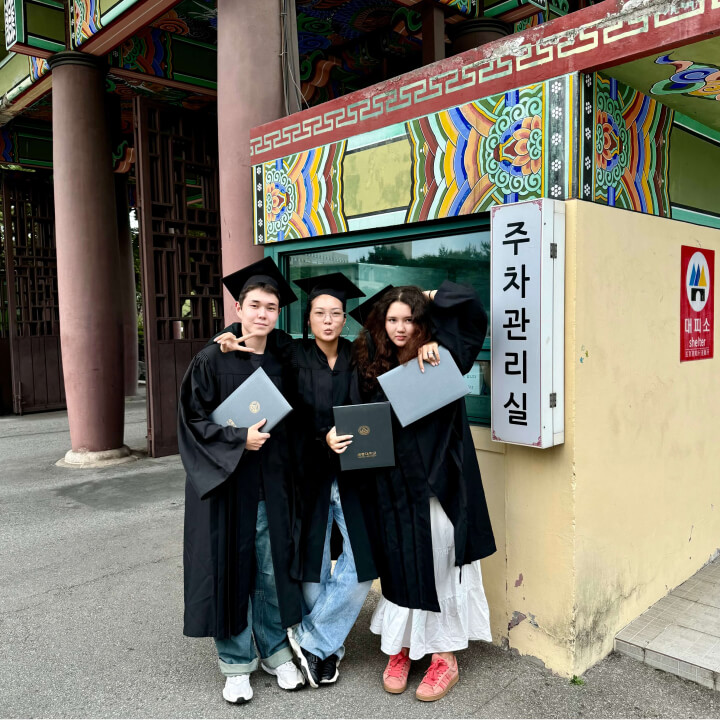

Government Grants

University Grants
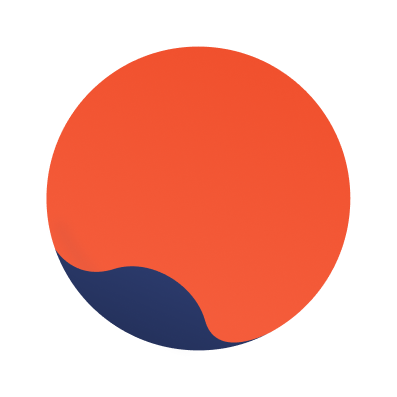
Foundation Grants
Applicants with ТОРІК З or higher will receive extra points (10% of the total points).
Applicants with ТОРІК 5, 6 or higher will be exempt from the Korean language program.
If competition is high, the following categories are given preference:
Applicants with ТОРІК 5, 6 or higher will be exempt from the Korean language program.
If competition is high, the following categories are given preference:
- Ethnical Koreans
- Applicants from lower-income families
- The winners of science-technical competition
- Applicants with high results in English proficiency tests (TOEFL, TOEIC, IELTS)
If the applicant is unable to convert grades on any of the recognized GPA scales (4.0, 4.3, 4.5, 5.0 or 100-point scale), they must provide additional documents officially issued by the educational institution
Government grants
Global Korea Scholarship (GKS) is a grant issued by the South Korean government. It fully covers students’ expenses and applies to all types of programs: bachelor’s, master’s, doctoral, and research.
01
Global Korea Scholarship (GKS)
first option

Doctoral
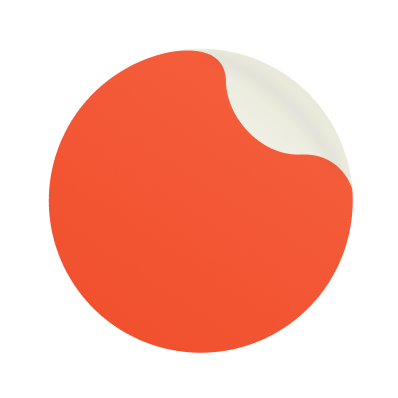
Bachelor’s

Master’s
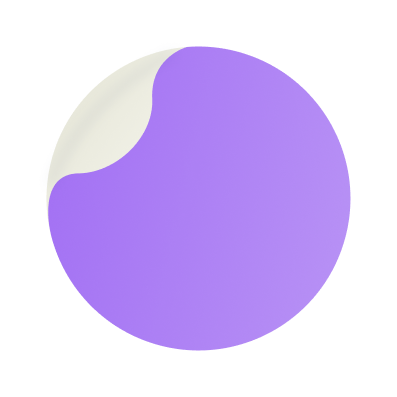
Research
Study programs
01

Bachelor's degree at Korean universities with a four-year study program
The selection of competition participants is announced annually in September.

Master's and doctoral studies
Students of programs with an annual tuition fee of more than 10 million won are admitted only if the university pays the remaining difference.
The selection of competition participants is announced annually in February.
The selection of competition participants is announced annually in February.

Research
Conducting scientific research at a research institution/university in Korea as a teacher or a graduate of doctoral/postgraduate studies.
What expenses are paid
02
Flight
to the winners of the grant competition?
full amount
Allowance upon arrival
200$
One year of language courses — for those who don’t have level 5-6 of the TOPIK qualifying exam; if a student knows Korean at this level, they are paid a scholarship in the amount of $100 per semester
full amount
4 years of bachelor's degree, or 2 years of master's degree, or 3 years of doctoral study program cost
full amount
Research
$200-400 per semester
Medical insurance
full amount
Thesis printing
$500-800
Payment upon returning home
100$
*
Payment amounts may vary
Admission
03
requirements
Bachelor’s
To enroll in a bachelor's degree program, a student must be under 25 years of age at the time of selection (March 1). Also, by March 1, the student must have completed their secondary education.

Master’s / Doctoral
To enter the master's/doctoral program, the student must be under 40 years of age at the time of selection (September 1) and must have a bachelor's or master's degree.

General requirements

04
If a student has already graduated from a university program, their average score for all courses (GPA) must be 80% or higher

The applicant and their parents must be foreign citizens
Korean citizens with dual citizenship
Not permitted

Students who are currently studying at or have graduated from a Korean university

Document submission methods:
01
Embassy Track —
submission through an embassy
02
University Track —
applying at university
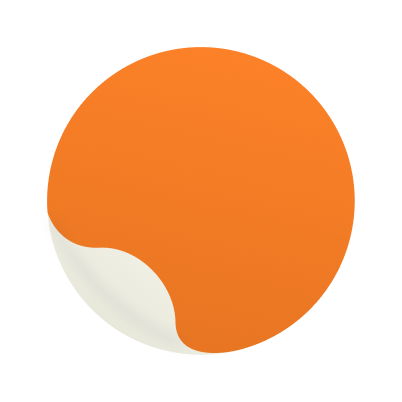
2 ways to apply for the grant
Government grant for students considering engineering and IT
02
GKS-UIC (University Industry Cooperation)

Bachelor’s

Associate degree
General requirements

01
Age less than 25 years old (date of birth later than September 1, 1999)

CGPA above 2.64/4.0, 2.80/4.3, 2.91/4.5 or 3.23/5.0 / 80% or above on a 100 point scale.
Applicants who graduated from a Korean high school (including international schools) or have a bachelor's degree
Not permitted

Candidates with post-secondary education may not apply to an associate's degree program, but may apply to a bachelor's degree program


Applicants must select only one degree program (associate degree program or bachelor's degree program) and apply to one university
The chosen university may have additional requirements — be sure to verify it on the university's website
The grant covers
02
Flight
full amount
Korean language courses
from $1000 for 3 months
Bachelor's degree program cost
$5,000 and above, twice a year
Allowance upon arrival
from $200
Monthly scholarship
from 900,000 won
Health insurance
full amount
Additional monthly benefits
from 100,000 won
*
Payment amounts may vary
Document
03
submission method
University Track
Bachelor's Degree program
1 year of Korean language program + 4 years of the Bachelor’s Degree program:
Participating universities: Ajou University, Konyang University, Kookmin University, Korea Polytechnic University, Korea University of Technology and Education, Pusan National University, Sogang University, Soonchunhyang University
Associate Degree program
Participating universities: Kyungbok University, Yeungjin University
1 year of Korean language program + 2-3 years of Associate Degree program:

The list
of universities may vary year
to year
of universities may vary year
to year
University
Grants
Many Korean universities provide various scholarship programs for international students — these can be either full or partial grants of two types:
правительствен-
ные гранты

second option

It’s important to note that outside Seoul, university grants are often 1.5-2 times higher than in the capital

Grants upon admission

Grants for academic achievement
When reviewing documents, the level of Korean language proficiency is taken into account. In some universities, training is provided in English — in that case, students need to demonstrate their knowledge of this language.
University grants may cover up to 100% of the cost of the chosen study program.
Each university has its own conditions and criteria — you can find them on the official websites of educational institutions.
University grants may cover up to 100% of the cost of the chosen study program.
Each university has its own conditions and criteria — you can find them on the official websites of educational institutions.
Grants upon admission
of a foreign student

01

TOPIK Level 4
TOEFL iBT 80 and above
grant covers 50% of tuition fee
TOPIK Level 5
TOEFL iBT 90 and above
grant covers 100% of tuition fee

example of requirements

TOPIK Level 6
TOEFL iBT 100 and above
grant covers 100% of tuition fee and accommodation
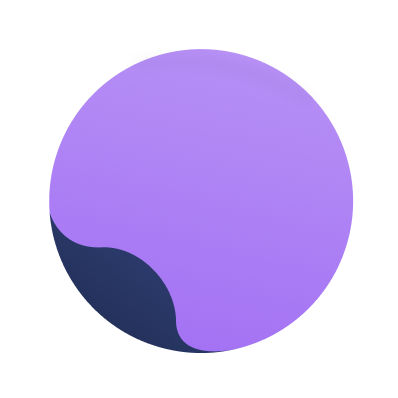
Seoul National University
of Science and Technology
of Science and Technology
Each university provides grants based on the results of each semester. The higher the academic performance, the higher the discount when paying for the next semester.
The first semester ends in January, the second in July.
The first semester ends in January, the second in July.
Grants for high
performing students

02

GPA 3.0
grant covers 50% of tuition fee
GPA 3.5
grant covers 100% of tuition fee

example of requirements

GPA 3.8
grant covers 100% of tuition fee and accommodation
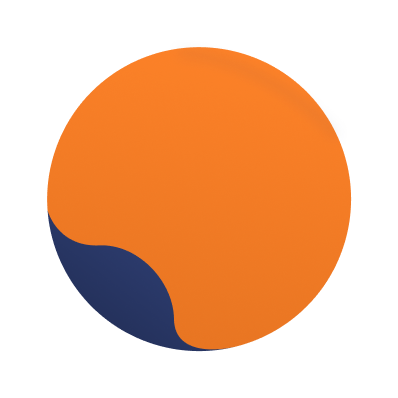
Seoul National University
of Science and Technology
of Science and Technology
Scholarships from organizations
Scholarships from private organizations and foundations are a common practice in South Korea. We’ll walk you through several options for this kind of financial support, but keep in mind that new types of scholarships from regional organizations in Korea are appearing these days. You can find more up-to-date information on our blog.

posco
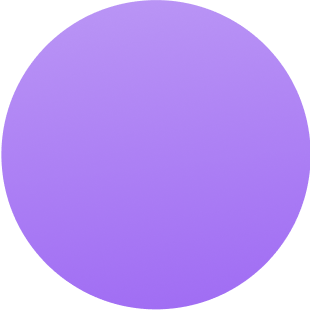
Samsung Global-Hope

AMA
third option
AMA
Air travel
01
full amount
Monthly payments
800,000 won
Korean language training
6 months of language courses
Tuition fee
full amount
For entering Korea
200,000 won
Dissertation allowance
up to 1,000,000 won
Health insurance
full amount
*
Payment amounts may vary
Art Major Asian plus Scholarship — a grant from Korea National University of Arts for students interested in creative fields
the grant covers

Citizenship of OECD DAC countries

High school or undergraduate diploma

Mandatory level of Korean language (TOPIK/King Sejong Institute/etc)

Creative portfolio
requirements
POSCO TJ Park
Foundation
Full tuition payment for 6 semesters of a PhD program, 4 semesters of a master's program
02
Monthly scholarship
Online Korean classes
Insurance
Opportunity to attend POSCO seminars
*
Payment amounts may vary
Scholarship program for students studying in Korea
the grant covers

Citizenship of Asian countries

Excellent academic performance
(GPA from 2.7/4.0)
(GPA from 2.7/4.0)

Proficiency in English (TOEFL IBT 79/IELTS 6.0)
requirements
Samsung Global-Hope Scholarship
Bachelor’s program tuition fee
03
~3,900,000 won
Master’s / doctoral program tuition fee
~5,000,000 won
Grant for students of partner universities
*
Payment amounts may vary
the grant covers
Full list of grants from organizations
Daewoong Foundation
Scholarship
Grant for international students of Korean universities
Hyundai Global Scholarship
Hansae Yes24 Scholarship for international students
01
02
03


Daewoong Foundation
Scholarship
Scholarship
Fluency in English or Korean

Hansae Yes24 Scholarship

Hyundai Global
Scholarship
Scholarship

Scholarship ~500,000 won per month

Opportunity to work in the company over university breaks
Grant for international students of Korean universities
the grant covers

Currently doing a master's program at a partner university in Business and Economics
requirements

Scholarship 1,000,000 won every month
Grant for foreign students of Korean universities

Education

the grant covers
Accommodation

Participation in the Hansae Yes24 Foundation programs
requirements

Currently doing a master's program at a partner university and strong interest towards the Republic of Korea
the grant covers
requirements
Book a personal consultation with Inter-K experts!
Get a consultation
on choosing the right
support option
support option
Explore our Blog to discover the latest news and up-to-date information from international students in Korea!
We’ve collected
useful materials

About living and studying in South Korea
blog
Inter-K
Studying in Korea
Programs
Our Students
About Us
Blog
Official representative of South Korean universities
Trips to South Korea
INTER-K EDUCATION GROUP | CRN 845-44-00668 | 대표 도영민 | COPYRIGHT @ 2012-2025 INTER-K EDUCATION GROUP ALL RIGHTS RESERVED






















